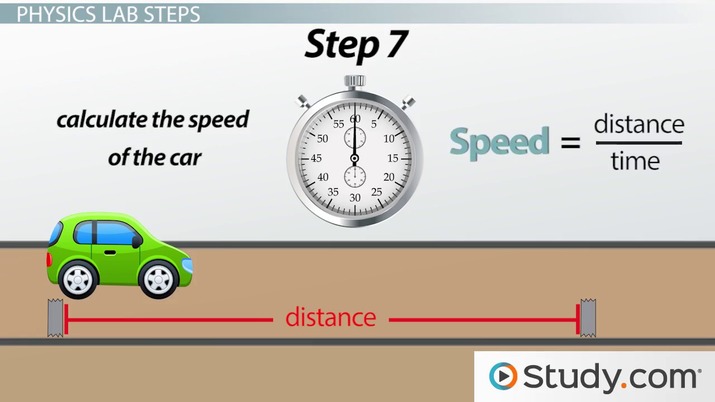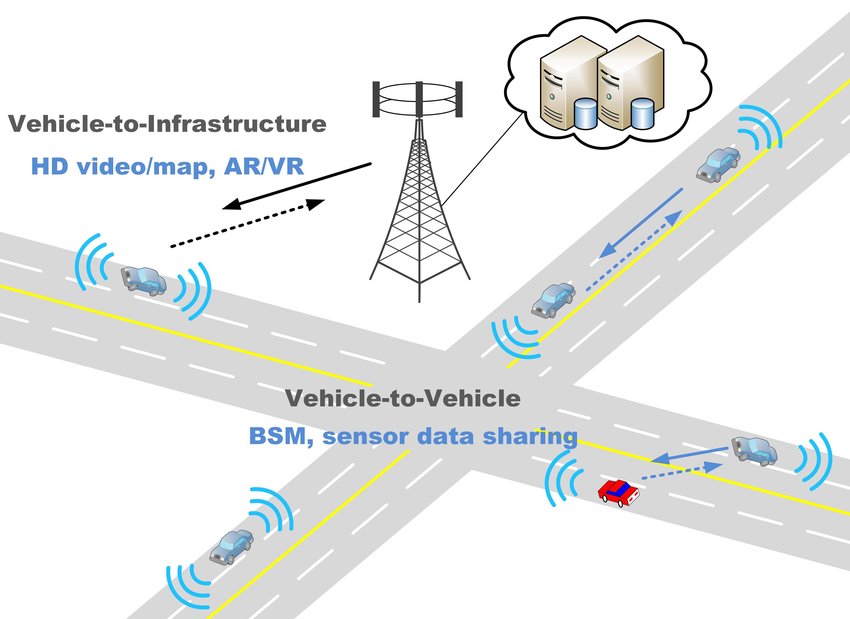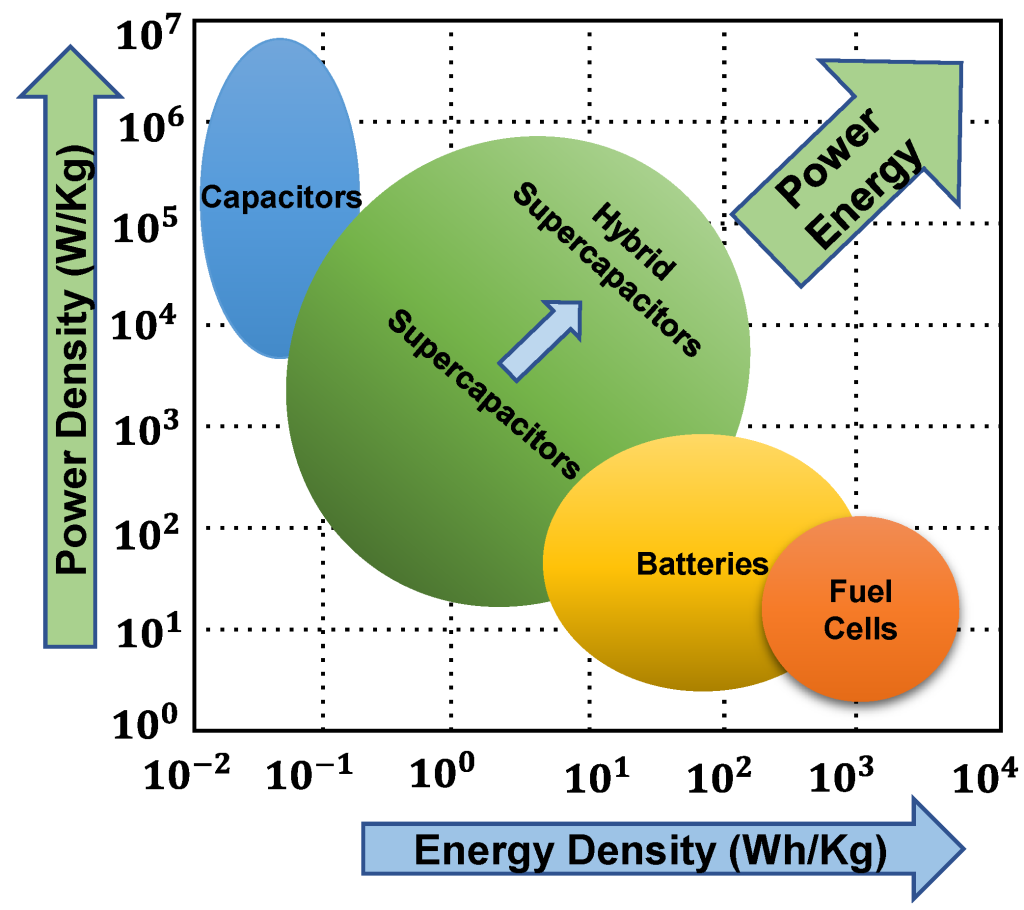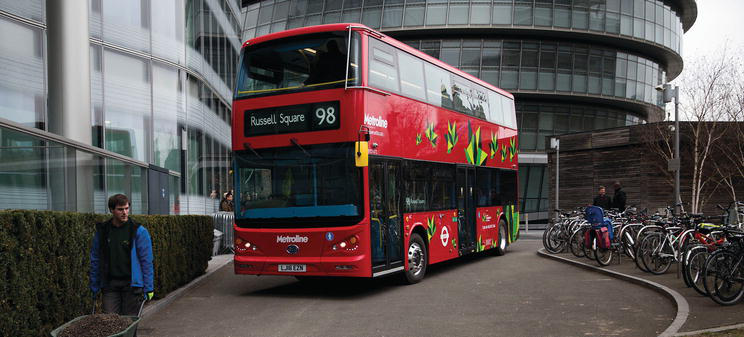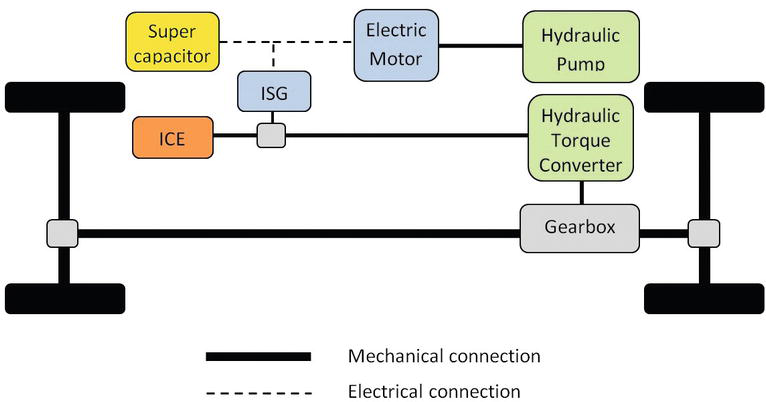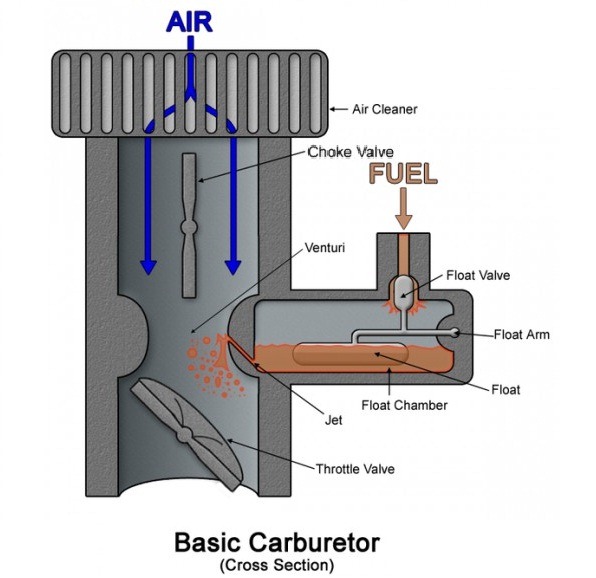Posted inIntelligent Transportation System
Introduction to Investigation of Measurement for Travel Time Variability
Congestion has grown over the past two decades making the travel time highly unreliable. The Federal Highway Administration (FHWA), US Department of Transportation (USDOT) indicated travel time as an important index to measure congestion. Frequent but stochastic, irregular delays increase the challenge for people to plan their journey – e.g. when to depart from the origin, which mode(s) and route(s) to use so the on-time arrival at the destination can be ensured. In addition to average travel time, the reliability of travel time has been deemed as an index for quantifying the effects of congestion, which can be applied to the areas of transportation…
